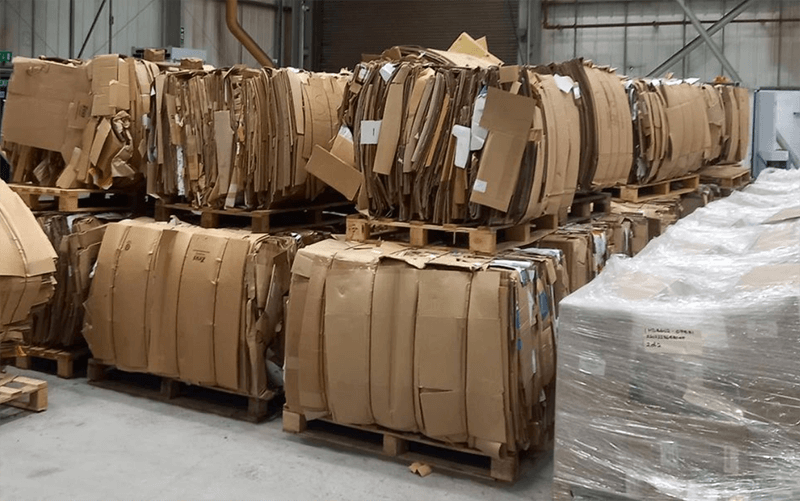Working from home has become the new normal. Despite a steady growth of remote working since 2005, the recent coronavirus outrbeak has witnessed an unprecedented shift to home working. As a result, going into the office has become an infrequent activity for many, allowing for a number of positive environmental impacts across the world.
Transportation
Working from home has dramatically reduced commuter levels. Travelling from the bed to the computer requires considerably less carbon than using a car or train. The result, therefore, is a huge national and global drop in CO2 emissions and demand for petrol. Prior to the pandemic outbreak, UK transport alone was producing 480 million tonnes of CO2 per year. Despite the recent growth in popularity for electric vehicles in the past decade, the IEA determined that 24% of our global CO2 emissions was still the result of transportation.
A study by Norweigian independent research company, Rystad Energy, has demonstrated that in 2020, we are globally using 10 million less barrels of oil per day than in 2019. Remote working is significantly responsible for this drop in oil demand.
A drop in commuting has caused a drop in CO2 emissions, reducing the damage to the ozone layer and air pollution. In addition, as stated by Rystad Energy, a drop in transportation results in a drop in demand for petrol. Low demand means low supply. Oil extraction is hugely damaging to the environment. Toxic waste is produced during the extraction, refinement, and transportation of oil. Furthermore, spilled oil is a common occupational hazard, and has caused severe water pollution and wildlife harm.
Office Energy and Waste
Within workspaces, there are numerous ways in which the environment can be negatively impacted. Though size dependent, most office buildings require a great deal of electricity to power each room. With large amounts of electrical office equipment, air conditioning, and heating, sustaining a consistent working environment is both expensive and unsustainable. The IEA forecasted a 6% drop in global energy usage in 2020; the equivalent of losing the entire energy demand of India. These forecasts are accurate. Home working still requires energy usage. This usage, however, fluctuates throughout the year, and with many households previously still using energy during the working week, a drop in office energy usage is still a positive.
In addition, and often overlooked in a workspace, is the mass of waste that office buildings produce. Paper, waste electronics and electrical goods (WEEE), and plastics, are some of many frequent waste types produced by offices. While many businesses acknowledge their CSR by using ethical and compliant waste treatment companies, many also do not. A reduction in office attendance will cut waste production and raw material demand.
Is remote work all positive?
The current discussion on remote working has a lot of viewpoints and topics to consider. The statistics are showing a huge positive impact on the environment, and remote working has the potential for more flexibility in schedules. That being said, remote work has its downfalls.
Dr Nick Taylor, clinical Psychologist and CEO of Unmind, a workplace mental health platform, has reported significant negative mental health impacts of remote working. Despite an improvement in work life balance, many remote workers felt isolated from co-workers, easily burnt out, and unable to communicate effectively.
There are a number of methods to improve remote work culture, including continuous feedback and one-on-one meetings, but many remote workers struggle with the formal nature of online video meetings.
One company attempting to tackle these issues of remote work isolation is Orbital. Using an audio-only virtual platform, team members can recreate a more natural office environment. The platform promotes natural communication, without the stress of cameras being on or a strict meeting schedule. Just like real life, you can move your icon around the digital office space, so you can be as close or as far away to other team members’ conversations as you like. Platforms like Orbital are helping promote a more rewarding and natural home environment.
Remote work undoubtedly has its benefits; the potential for businesses and their employees to reduce their carbon footprint is profound. Yet, in order to fully encourage a global culture which favours working from home, acknowledgement of employee mental health and natural communication must be encouraged.








